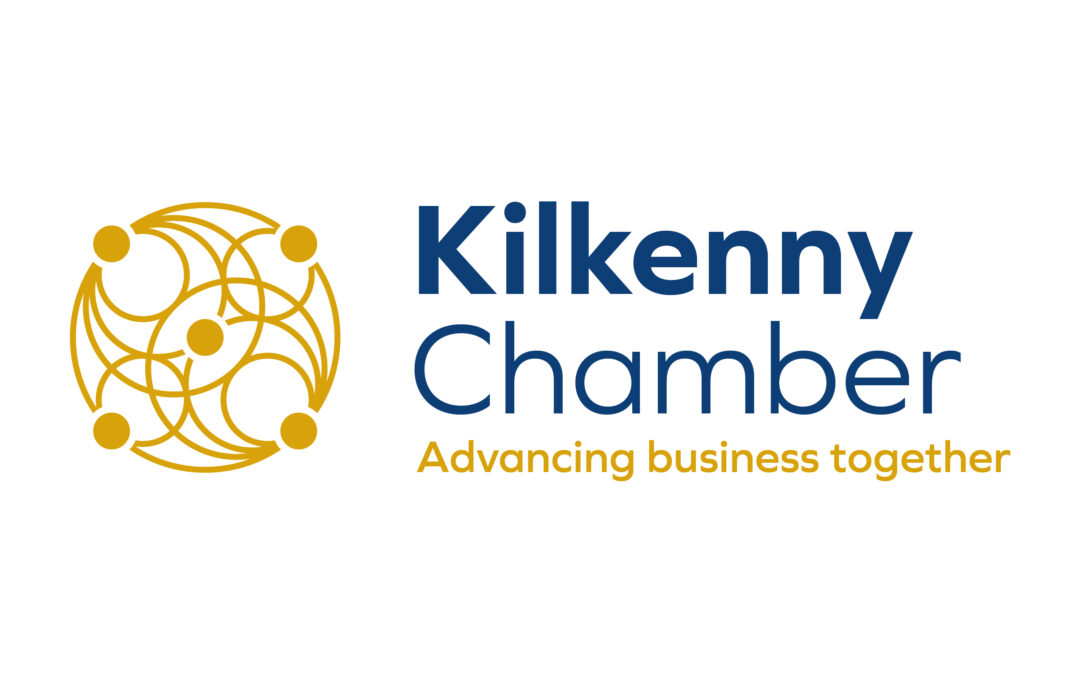Chambers Ireland, the voice of business in Ireland, has today (1 October 2024) cautiously welcomed Budget 2025 but urged the Government to focus on delivery. Businesses across the country urgently need essential infrastructure to be developed without delay to safeguard our national competitiveness. The funding allocated for infrastructure in today’s budget is to be applauded but will only have an impact when it is delivered.
Chambers Ireland’s Budget priorities focused on three key areas:
- The need to scale-up our delivery of housing, public transport, water, energy and social infrastructure to meet the demands of our growing population and to improve our competitiveness in the long-term.
- The imperative to promote business growth and protect our SMEs from the myriad of financial, administrative and regulatory requirements that have increased the cost of doing business.
- The importance of fostering thriving towns and cities by tackling vacancy, developing the public realm, investing in skills, and mitigating against crime and anti-social behaviour.
Speaking after Minister for Finance, Jack Chambers, and Minister for Public Expenditure, National Development Plan Delivery and Reform, Paschal Donohoe, delivered their speeches, Chambers Ireland’s Chief Executive, Ian Talbot, said:
- Infrastructure:
“The €3 billion for infrastructure spending that has been allocated for the delivery of water, housing and electricity grid infrastructure is very welcome news. Ensuring sustainable supplies of drinking water and waste-water treatment into the future will bolster our resilience for future growth and development. Accelerating the supply of new homes will help alleviate issues facing SME recruitment and retention, while grid upgrades will support our delivery of high-capacity onshore and offshore energy networks.
The commitment to developing an investment framework for the utilisation of the €14.1 billion in funding from the Court of Justice’s recent decision through the National Development Plan also has enormous potential to deliver for our long-term competitiveness.
However, secure and sustainable multi-annual funding is required to realise our ambitions for water, electricity, public transport and housing, and once-off funding can only offer a much-needed short-term boost to agencies that are tasked with large-scale, intensive project delivery.”
- Cost of Doing Business:
“The cost of living package and tax changes, although not directly affecting businesses, will alleviate some of the wage demand pressures facing smaller employers by putting more money back in the pockets of employees.
The increase to the VAT registration thresholds, the proposed amendment to Retirement Relief, the review and reform of EIIS, the increase in the first year payment threshold in the R&D tax credit, the Stamp Duty exemption and the participation exemption for foreign dividends are all very welcome measures but will have marginal impact on most smaller enterprises. In this respect, we await details on a proposed €4,000 grant for all businesses with a rates bill of less than €30,000.”
- Thriving Towns and Cities:
“The investment in our higher education system is positive acknowledgement that we need to further develop our competitive advantage in education and training. Ireland’s talent pipeline is one of our key differentiators and maintaining this should be a key priority for Government.
However, we were hoping to see more allocation of funding for small and medium enterprises to upskill and reskill their employees. Emerging technologies and increased innovation will place significant strain on businesses to compete for skills into the future and businesses need direct support now to facilitate this growth and development.
The increase in the Vacant Homes Tax rate should be a helpful measure in freeing up existing building stock for redevelopment and reinvestment across Irish towns and cities. However, we would still like to see further reform of this Tax to improve its application and effectiveness.
Similarly, the additional funding for Garda recruitment should support safer urban centres and deter increasing levels of anti-social behaviour.”
ENDS

